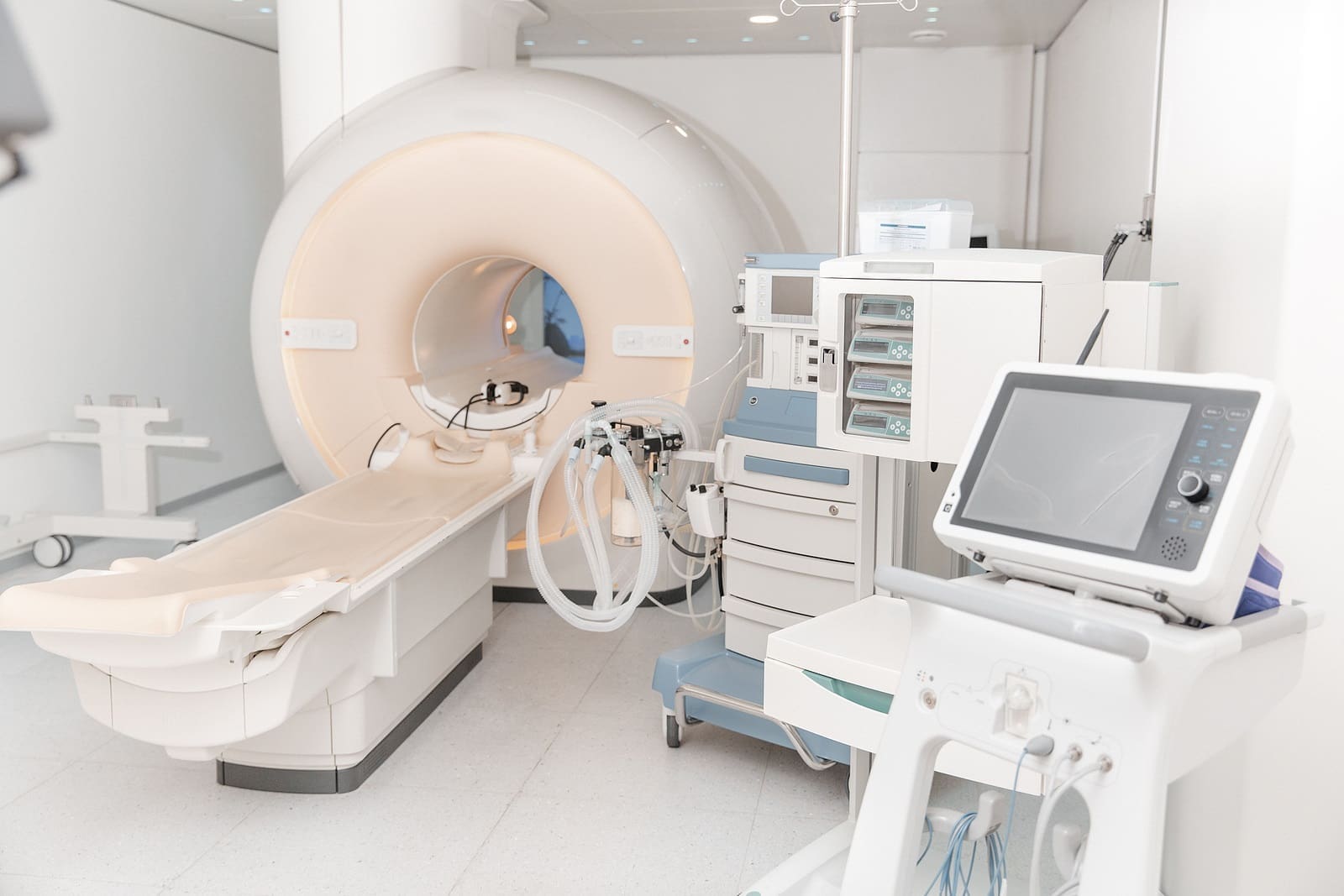The newly authorized drug, leucovorin, is becoming popular in the autism community, where some families have named it the “small bottle of hope”. While initial accounts and personal testimonials have sparked enthusiasm, medical experts point out that current scientific data remain quite limited, and more studies are needed to accurately identify the beneficiaries. Leucovorin is
For some families navigating autism, the search for effective therapies can feel confusing and stressful. Over the past decade, a treatment called magnetic e-resonance therapy (MERT) has appeared in clinics across Southern California. Marketed as a way to improve sleep, emotional regulation, and communication, a six-week course can cost $10,000 or more.
MERT uses a non-invasive form of transcranial magnetic stimulation (TMS), delivering low levels of magnetic energy via very short pulse bursts to the brain. Although the U.S. Food and Drug Administration (FDA) has cleared TMS for use in treating depression, obsessive-compulsive disorder, migraines, and nicotine addiction, they have not approved its use for the treatment of Autism Spectrum Disorder (ASD).
Nonetheless, some clinical practices promote MERT as life-changing for many children with ASD and include testimonies from families claiming to see significant improvement due to the use of MERT.
Evidence Matters: What Experts Say
Experts caution that personal stories are not the same as scientific evidence. Dr. Andrew Leuchter of UCLA calls autism “the biggest off-label market” for TMS — meaning devices designed for one condition are being used for another without sufficient research. Off-label use is legal, but researchers stress that treatments offered to children should still be evidence-based, transparent, and reasonably priced to reflect the likelihood they will work.
“There’s minimal scientific proof that any form of TMS reliably improves core autism symptoms,” write Drs. Leuchter, Lindsay Oberman of the National Institute of Mental Health, and Holly Lisanby of Arizona State University in a recent editorial. They highlight MERT as an example of a therapy promoted despite insufficient evidence.
Testimonials on websites may sound encouraging, but they cannot replace controlled research. Zoe Gross of the Autistic Self Advocacy Network points out that a therapy could have a very low success rate and still produce dozens of positive stories. Without rigorous studies, there is no way to know whether these experiences reflect common outcomes.
Investigations show that Wave Neuroscience, the company behind MERT, has not conducted extensive clinical trials for autism. While the company says it hopes to fund studies and eventually seek FDA approval, the therapy’s benefits remain largely unproven.
Experts recommend that families considering MERT consult independent clinicians or autism researchers who are not affiliated with the clinics offering the therapy. James McPartland of Yale’s Center for Brain and Mind Health emphasizes caution: “Before investing time, money, or hope in a therapy, families deserve a realistic understanding of whether it’s likely to help.”
Proceeding With Care
Innovative approaches like MERT may hold promise for the future, but families are currently advised to prioritize treatments that are safe, evidence-based, and clearly explained. Asking questions, reviewing research, and consulting independent professionals can help families make informed decisions while avoiding unnecessary financial or emotional strain. At Sacramento ABA we help parents develop an individualized therapy plan that addresses communication, confidence and daily life skills for their child.
The goal of Sacramento ABA is to continually provide a steady source of support, practical tools, and encouragement to our families so they feel heard, empowered, and supported throughout this journey of autism together.

